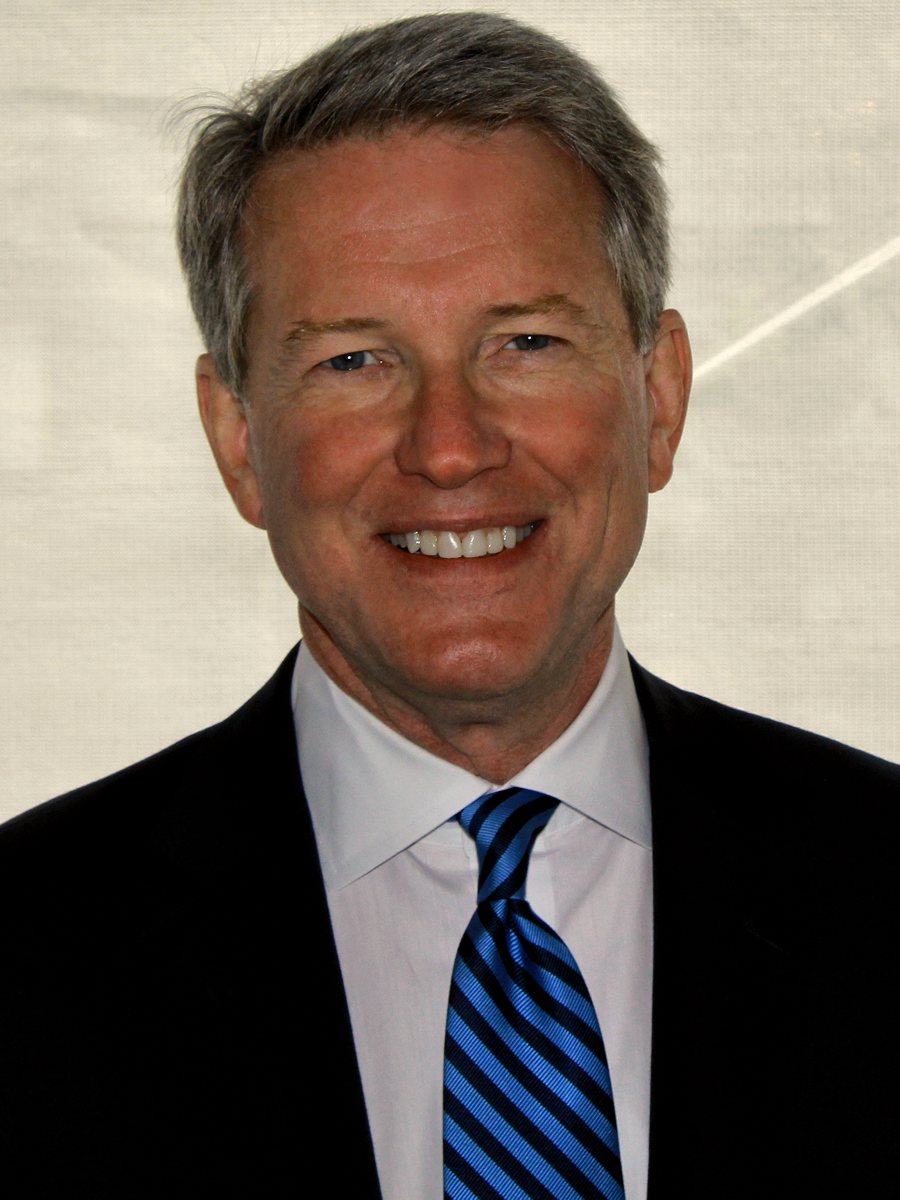We'll be addressing quite directly the succession issue at the appropriate time. Right now is not the time.

"David Westin" is the Principal of Witherbee Holdings, LLC, advising and investing in media companies. He was the President and CEO of NewsRight from 2011 to 2012. Before that, he was president of ABC News (from March 6, 1997 through December 3, 2010), responsible for all aspects of ABC News’ television broadcasts, including World News with Diane Sawyer, Nightline (US news program)/Nightline, Good Morning America, 20/20 (US television series)/20/20, Primetime, This Week (ABC TV series)/This Week with Christiane Amanpour, and World News Now, and ABC News Radio. During his tenure, ABC News received eleven George Foster Peabody Awards, 13 Alfred I DuPont Awards, four George Polk Awards, more than 40 News and Documentary Emmys, and more than 40 Edward R. Murrow Awards. On September 6, 2010, Westin announced he would retire from ABC, but would remain until the end of the year to give the company time to find a replacement. One news report said Westin was forced out by Disney CEO Robert Iger, but others reported that he had decided to pursue other interests—with one saying that he "got to announce his departure on his own terms."
More David Westin on Wikipedia.Ultimately he would judge his own success over how good a father he was to Chris and Lizzie.
An anchor is what keeps a ship from drifting into dangerous waters. It keeps us steady and secure during the night, and that's what Peter was to ABC News.
Thus, there was no point during the evening when it was likely or even possible that voters would decide not to vote simply because of the erroneous projection of the presidential race in Florida.
An anchor keeps a ship from drifting. ... It keeps us steady and secure during the night. That's what Peter was to ABC News.
Peter has been our colleague, our friend, and our leader in so many ways. None of us will be the same without him.
For Peter, jazz was more than just a form of music, it was a way of looking at life.
The days are largely gone when the three broadcast networks could decide what the American people would watch.
He knew that it was an uphill struggle. But he faced it with realism, courage and a firm hope that he would be one of the fortunate ones. In the end, he was not.
Copyright © 2024 Electric Goat Media. All Rights Reserved.